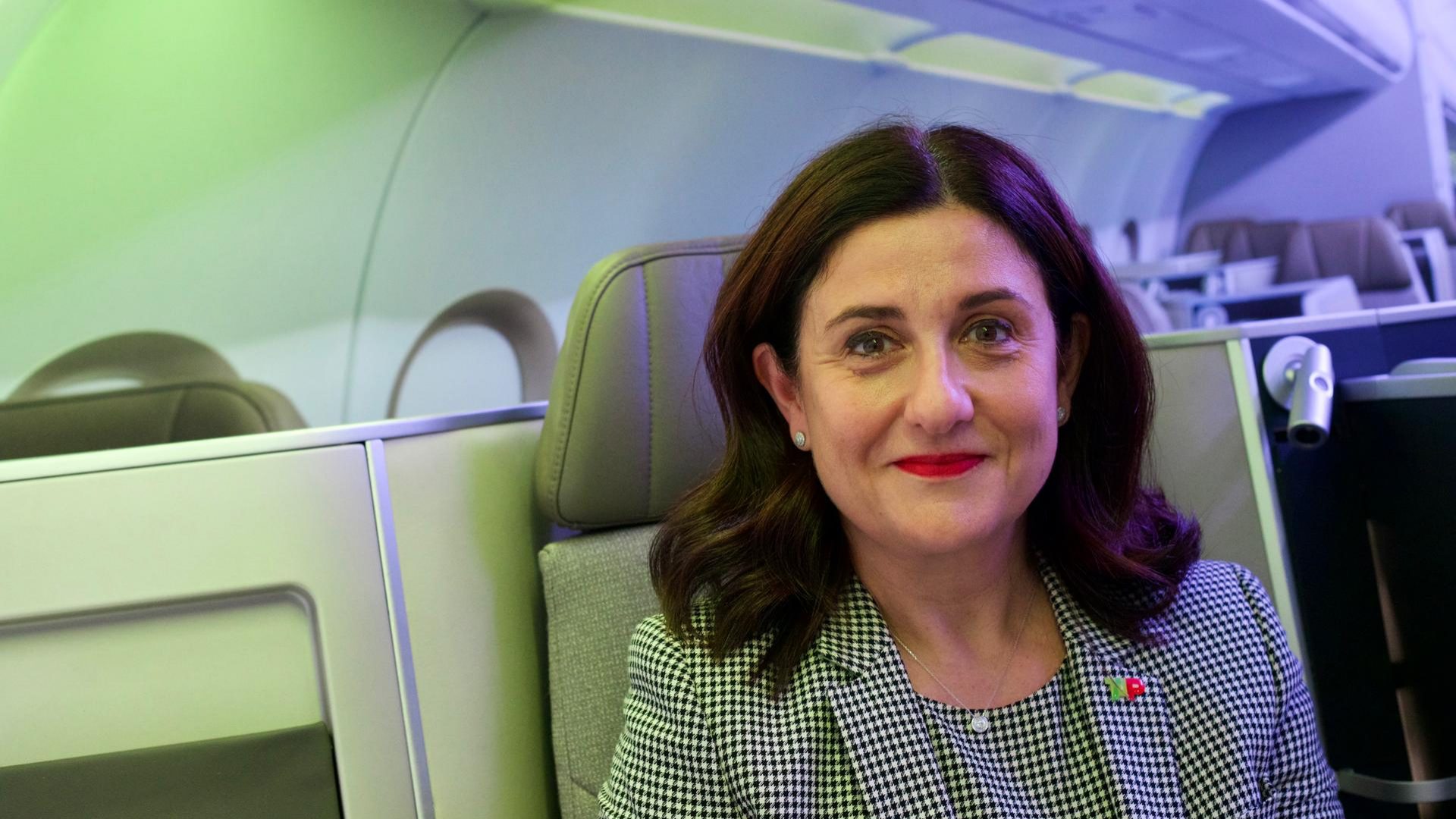More tourists in Lisbon, Funchal, Porto than before Covid
In June, Lisbon recorded 1.3 million overnight stays, representing 17.9% of the country's total.
Lisbon, Funchal and Porto recorded an increase in overnight stays in June compared to 2019, “more expressive in residents”, according to data on tourism activity released on Tuesday by Statistics Portugal (INE).
In June, Lisbon recorded 1.3 million overnight stays, representing 17.9% of the country’s total.
Compared to June 2019, before the Covid-19 pandemic, “overnight stays registered a slight increase of 0.5%”, of which a growth of 0.7% in residents and 0.4% in non-residents,” according to INE.
Funchal, which accounts for 7.3% of the total, recorded 520,400 overnight stays in June, which represented an increase of 14.6% compared to the same month of 2019, and in residents, the increase was 81.7%, and in non-residents, 5.9%.
“In Porto (6.4% of the total), 455,400 overnight stays were recorded in June, which translated into a growth of 6.2% compared to the same month of 2019 (+22.7% in residents and +3.3% in non-residents),” INE added.
The municipality of Albufeira, meanwhile, which concentrated 12% of total overnight stays, reached 860,000, which corresponds to a reduction of 14.9% compared to June 2019, with a drop of 18.2% in residents and a decrease of 13.9% in non-residents.
In terms of the first half of this year, overnight stays “decreased in most of the main municipalities compared to the same period of 2019”.
Lisbon recorded a drop of 13.6% (-5.8% in residents and -15.1% in non-residents) in the first half, Albufeira a decrease of 21.1% (-19% in residents and -21.5% in non-residents) and Porto a decrease of 4.3% (residents increased 4.6%, but non-residents retreated 6.3%).
Funchal had an increase of 2% (+68.2% in residents and -5.4% in non-residents).
Total income was €545.4 million, an increase of 157.0% and room income corresponded to €416.4 million (+165.4%) in June and, compared to the same month of 2019, “there were increases of 17.0% and 17.4%, respectively”.
Between January and June, revenues “grew 308.1% in total and 311.8% for rooms, compared to the same period of 2021” and “compared to the first half of 2019, there were increases of 4.8% and 5.8%, respectively,” INE added.
In the second quarter, total revenues increased 261.3% year-on-year (+14.9% compared to the second quarter of 2019), and those related to room increased 270.0% (+15.2%).
The Algarve concentrated almost a third (31.5%) of the total income and 30.8% of the income related to roomsin June, followed by the Metropolitan Area of Lisbon (29.7% and 31.2%, respectively) and the North (14.7% and 14.9%, in the same order).
In summary, in the first half of the year, “considering all means of accommodation (tourist accommodation establishments, camping and holiday camps and youth hostels), there were 12.0 million guests and 30.9 million overnight stays, corresponding to increases of 209.6% and 231.0%, respectively”.
The overnight stays of residents increased 77.7%, reaching 10.5 million, and non-residents (66.0%) grew 495.6%, to a total of 20.4 million, according to INE.
Compared to the same period of 2019, “overnight stays decreased by 6.5% (+3.8% in residents and -11.1% in non-residents).”
Overall, the average stay (2.57 nights) increased by 6.9% (-4.9% in residents and -8.8% in non-residents).
Overnight stays increased in all types of accommodation.
In the first six months of the year, “tourist accommodation establishments recorded 11.2 million guests and 28.6 million overnight stays, corresponding to increases of 217.1% and 252.4%, respectively.
The overnight stays of residents grew 84.1%, non-residents grew 529.5% and, compared to the same period of 2019, “the overnight stays decreased by 7.0% (+5.2% in residents and -11.9% in non-residents)”.
Campsites recorded 681,100 campers (+110.6%) and 2.1 million overnight stays (+77.1%) in the first half of the year. When compared to the same period of 2019, “overnight stays increased 1.6% (-2.1% in residents and +5.7% in non-residents)” and the average stay (3.08 nights) decreased “15.9% compared to the same period of 2021”.
Holiday camps and youth hostels received “121,700 guests (+473.0%), resulting in 244,400 overnight stays (+382.2%),” INE said. Compared to the same period in 2019, “overnight stays decreased by 18.7% (-23.7% in residents and -6.3% in non-residents)”.
In this type of accommodation, the average stay (2.01 nights) fell 15.8% compared to the same period in 2021.


